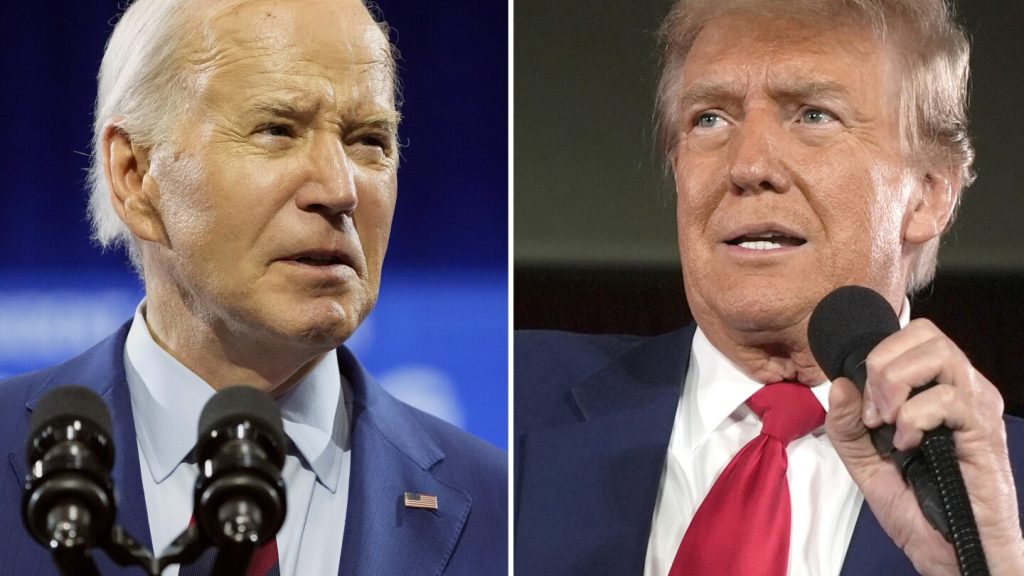President Joe Biden and Republican nominee Donald Trump have agreed to participate in two general election debates, one on June 27 at CNN’s studios in Atlanta and another on September 10 hosted by ABC.This decision comes after months of uncertainty about the debates and includes a 15% polling threshold for candidates to qualify. The details for moderators and format are still pending.
The timing of the debates falls before the official nomination of the candidates at the summer conventions in July and August. The first debate on June 27 will take place amidst various political events, including Trump’s trial and foreign trips by Biden. The second debate on September 10 will occur before early voting begins and before the start of criminal trials for Hunter Biden.
While the debates have been agreed upon, there are still sticking points to be resolved. The networks have yet to announce who will moderate the debates, and Trump’s campaign is pushing for additional debates, proposing one debate per month in addition to the vice presidential debate. The format preferences of both campaigns differ, with Trump preferring larger venues and live audiences, while Biden’s camp prefers muted microphones and no live audiences.
The Biden campaign has outlined their preferences for the debates, such as excluding third-party candidates and having firm time limits for answers. They have proposed that the debates be hosted by broadcast organizations that hosted debates with the candidates in the past. The deal between the campaigns sidelines the Commission on Presidential Debates, raising concerns about the inclusion of third-party candidates.
It is unclear whether any third-party candidates, such as Robert F. Kennedy Jr., will qualify for the debates based on the polling requirements and ballot appearances in sufficient states. Kennedy has expressed dissatisfaction with being excluded from the debates and has accused Trump and Biden of colluding to prevent his participation. The criteria set by CNN and ABC present a challenge for third-party candidates to qualify for the debates.
Overall, the agreement between Trump and Biden to participate in two general election debates marks a significant development in the 2024 Election. While some details are still pending, such as the moderators and format, the debates are set to take place before the official nomination of the candidates and before early voting begins. The exclusion of third-party candidates and the sidelining of the Commission on Presidential Debates raise concerns about the inclusivity of the debates and the democratic process.


